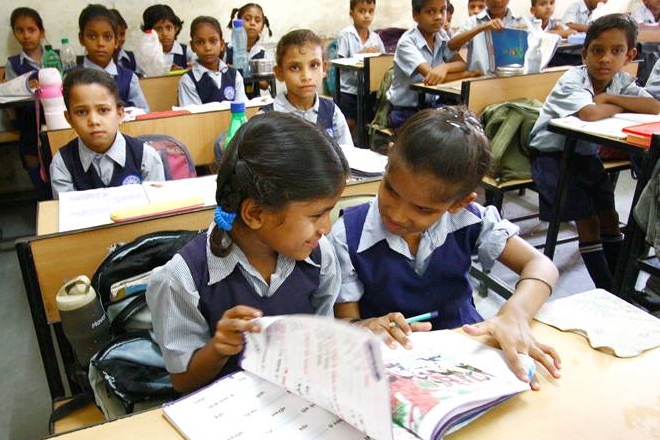The Union Cabinet under the chairmanship of Prime Minister Narendra Modi approved a new education policy for the 21st century. Union Minister Prakash Javadekar revealed the new policy stating that it is important, as there were no changes in the education policy for almost 34 years.
The National Education Policy 2020 comprises major reforms in the higher education sector including a target of 50% gross enrollment ratio by 2035 and a provision for multiple entry and exit.
Major Reforms:
• Enrollment: 50% gross enrollment ratio by 2035.
• UGC-AICTE merged: The cabinet has approved merger of the All India Council for Technical Education (AICTE) and University Grants Commission.
• Flexibility of Subjects: Holistic and Multidisciplinary Education
– Multiple entry/ exit
– UG Programme- 3 or 4 years
– PG Programme- 1 or 2 years
– Integrated 5 year Bachelor’s/Master’s
– M Phil to be discontinued
• Credit Transfer and Academic Bank of Credits
HEIs: Research Intensive/ Teaching Intensive Universities and Autonomous Degree Granting Colleges
• Model Multidisciplinary Education and Research University (MERU)
• Graded Autonomy- Under this, graded academic, administrative and financial autonomy will be given to colleges, on the basis of the status of their accreditation. There are over 45,000 affiliated colleges in the country.
• Single regulator for all higher education, working under a self-disclosure based transparent system for approvals in place of numerous ‘inspections’.
• Use of Technology
– Technology will be used in education planning, teaching, learning, assessment, administration, management and regulation
– Divyang-friendly education software will be developed.
– E-courses will be developed in regional languages
– Virtual labs will also be developed.
• A National Educational Technology Forum (NETF) is also being created.
• National mission: National mission to be created to focus on basic literacy and basic numeracy.
Major Reforms in Schools:
Board Exams: Board exams will be low stakes and will test actual knowledge instead of rote learning.
Language: The mother tongue will be a medium of instruction till 5th grade.
Report cards: The report cards will be a comprehensive report on skills and capabilities instead of just marks and statements.
Streams: There will be no rigid separation between streams such as Arts & Sciences. All separations between vocational and academic and curricular and extra-curricular will also be removed.
